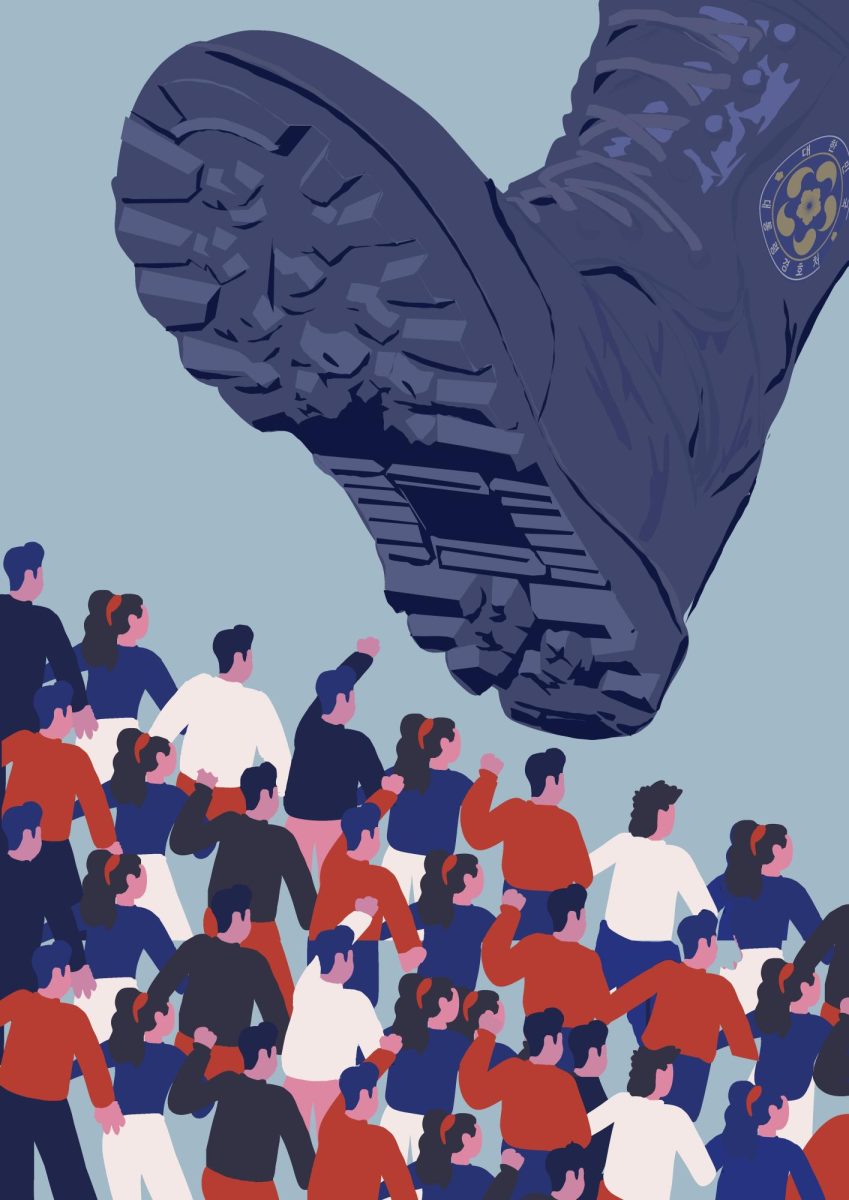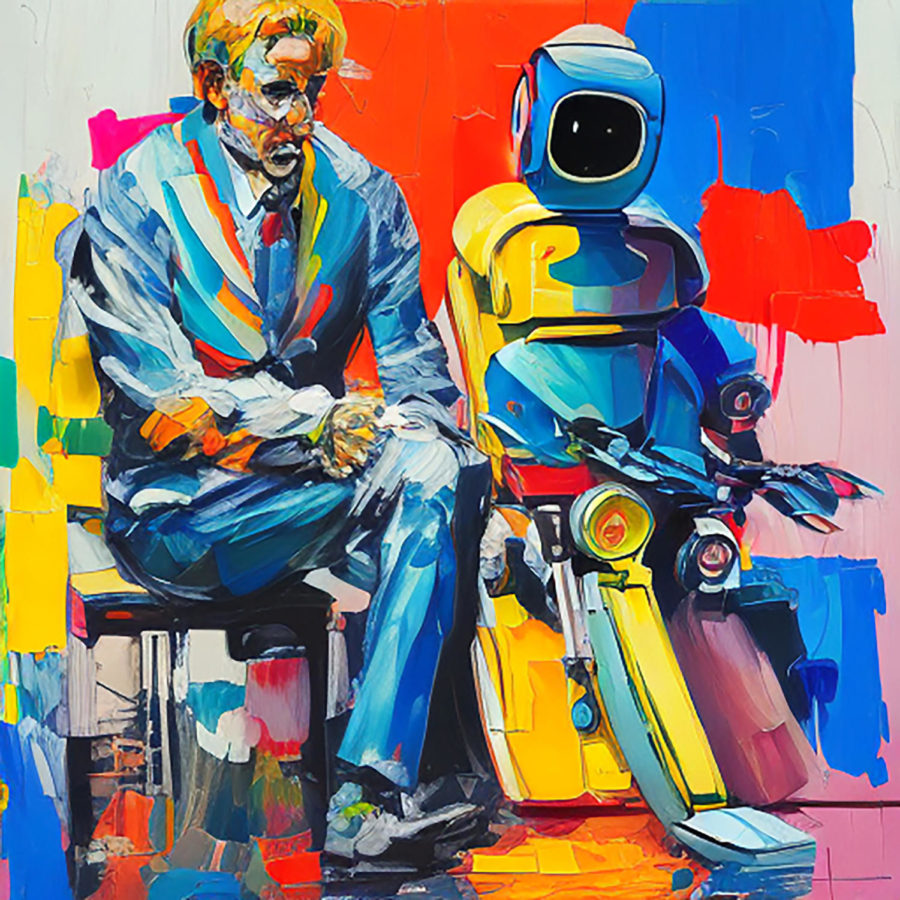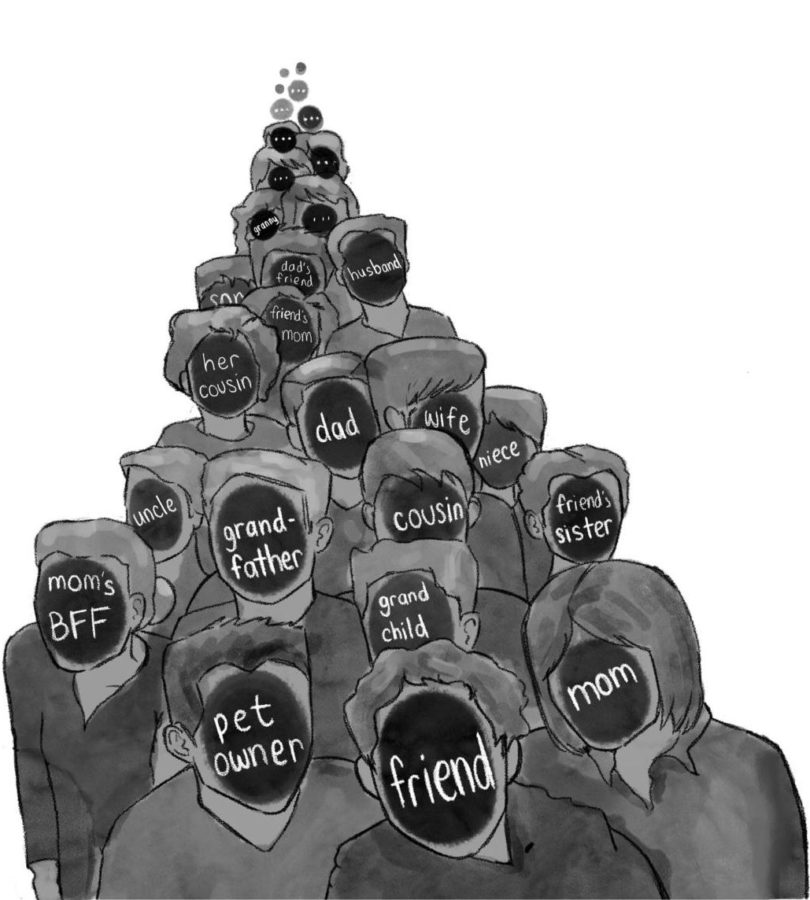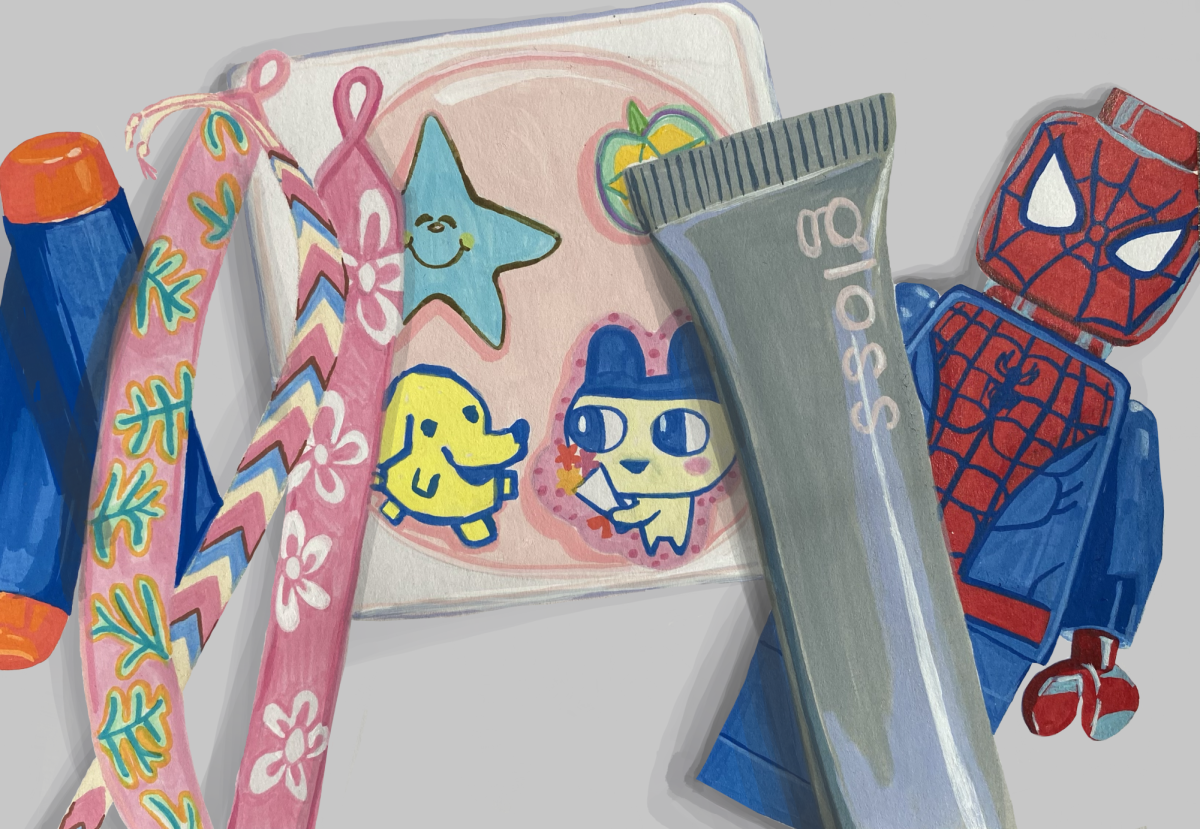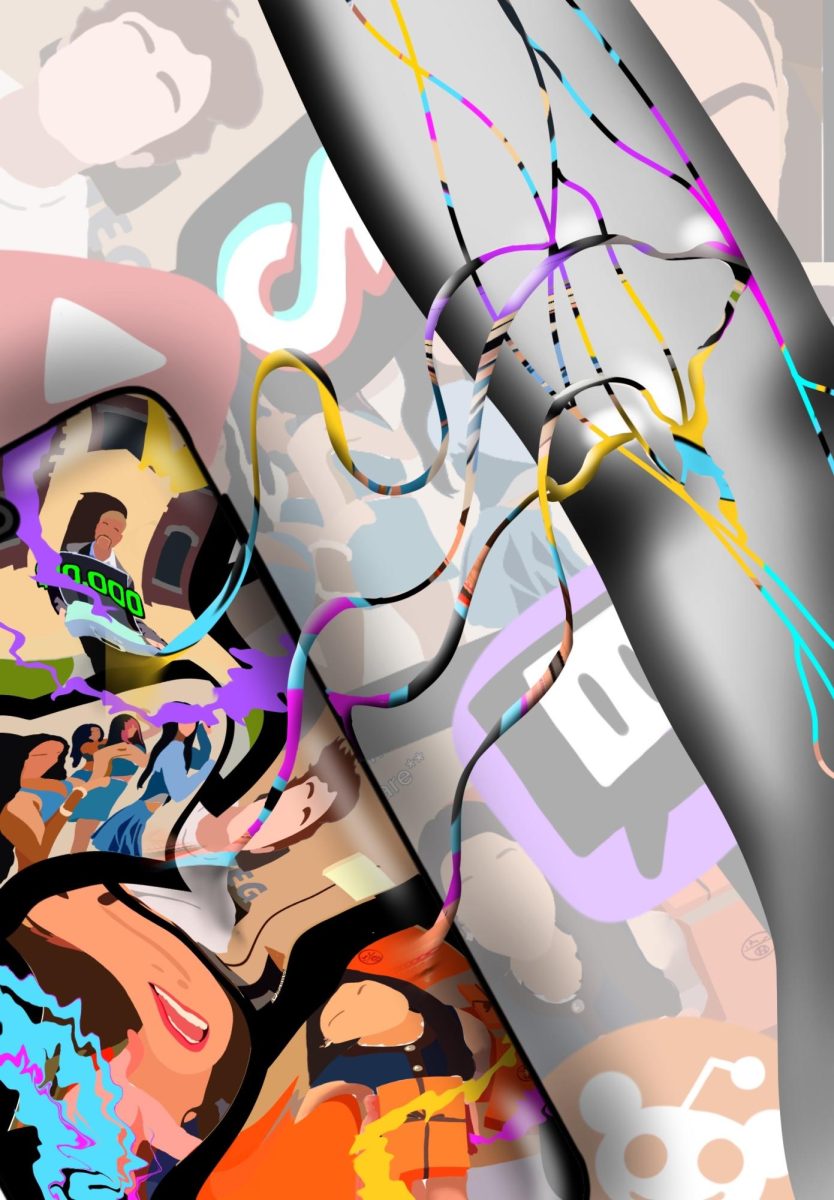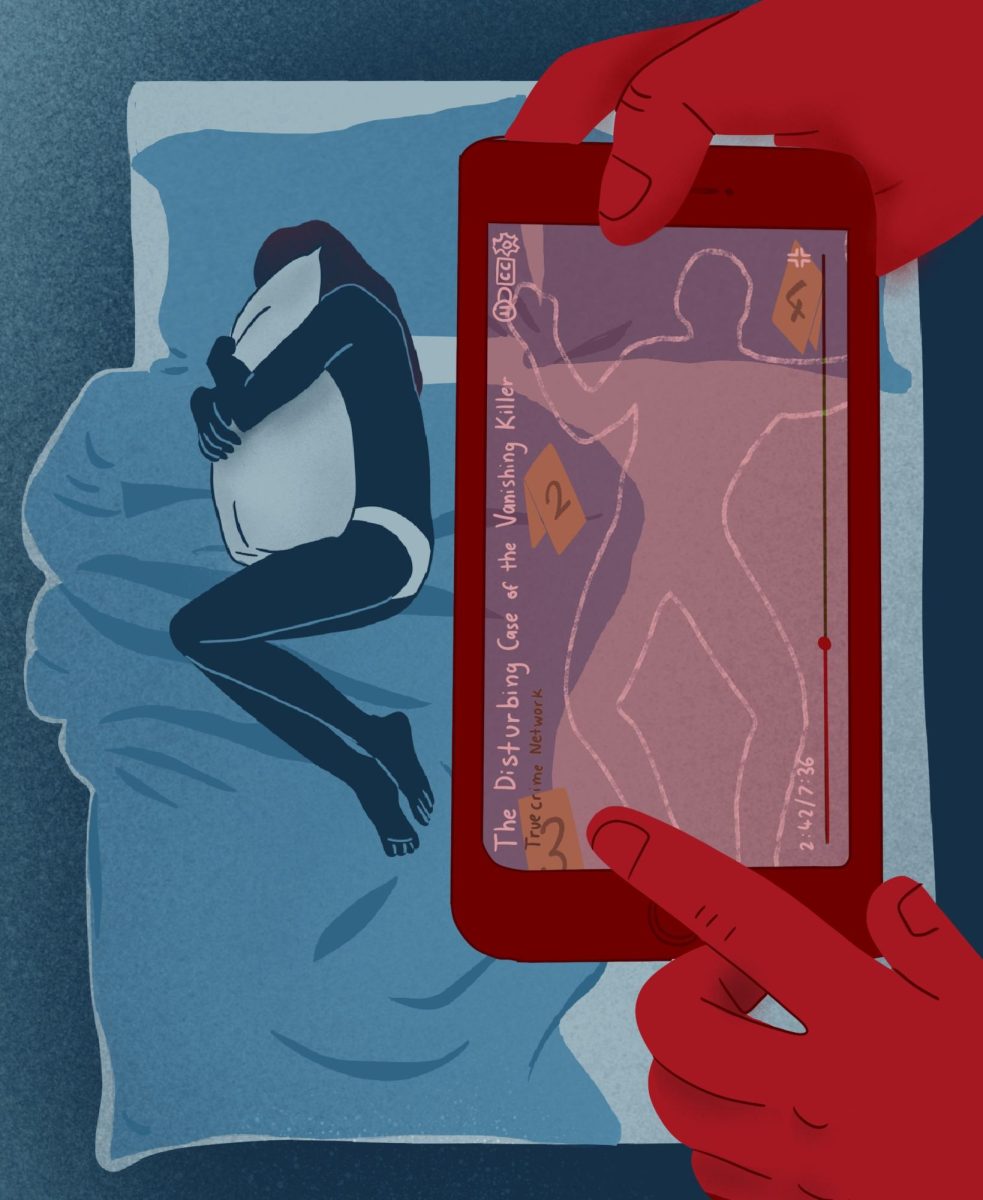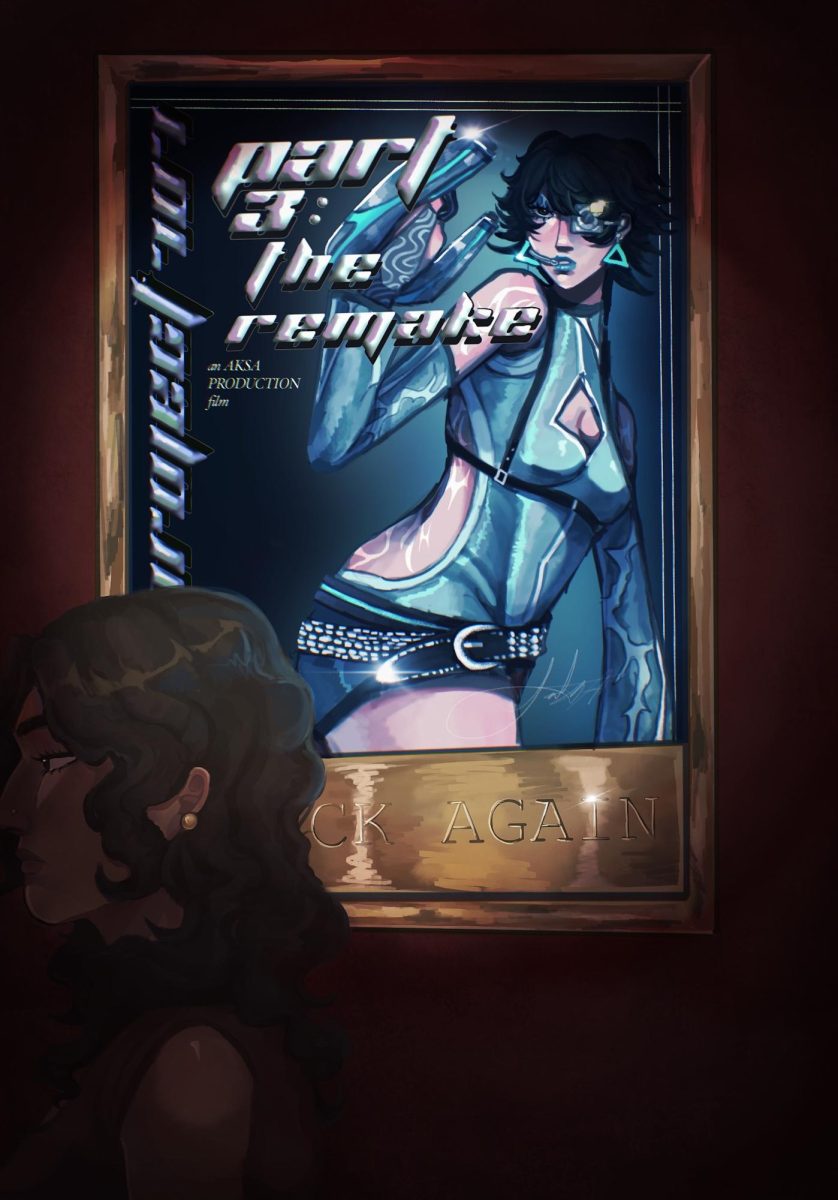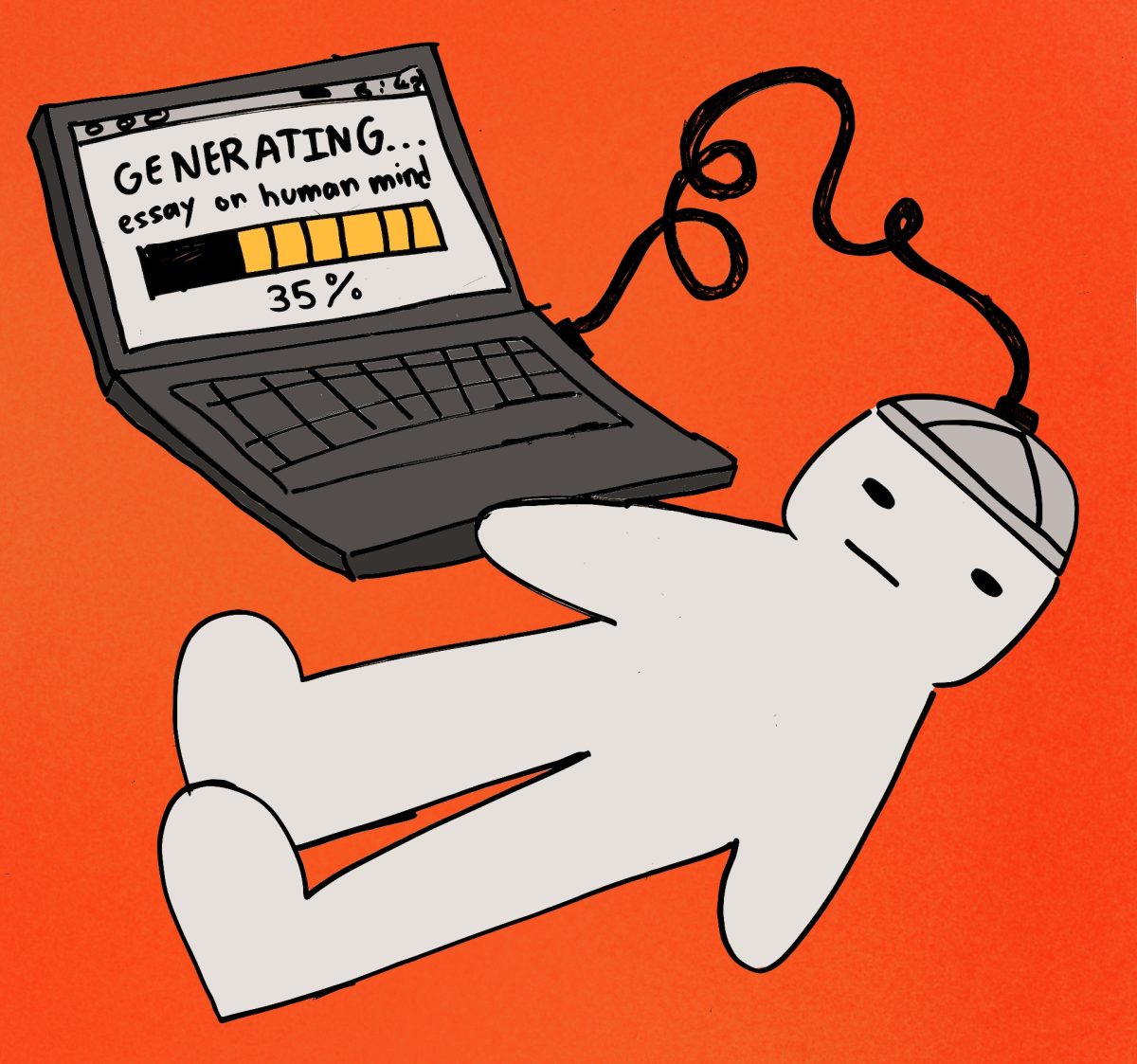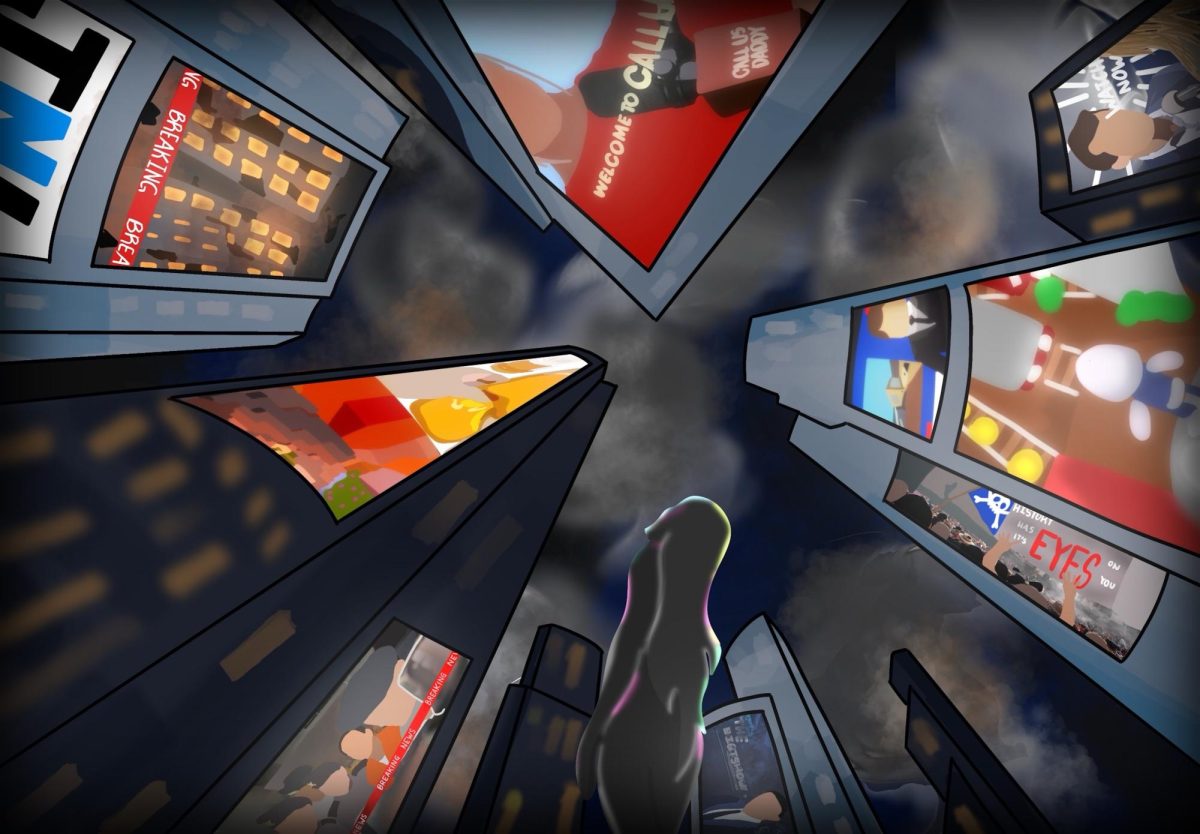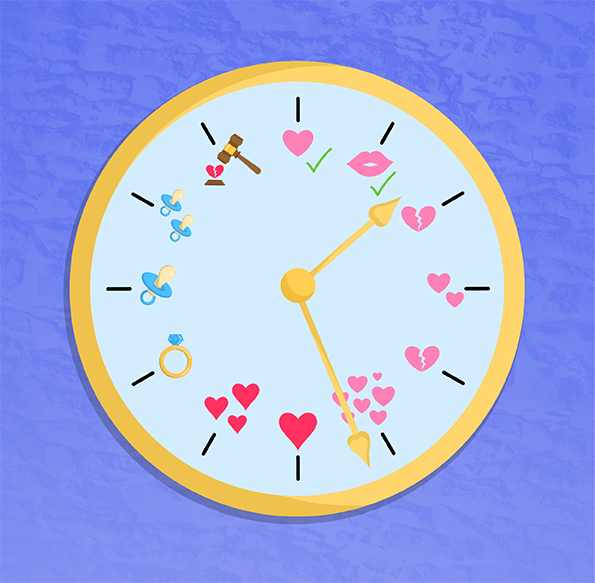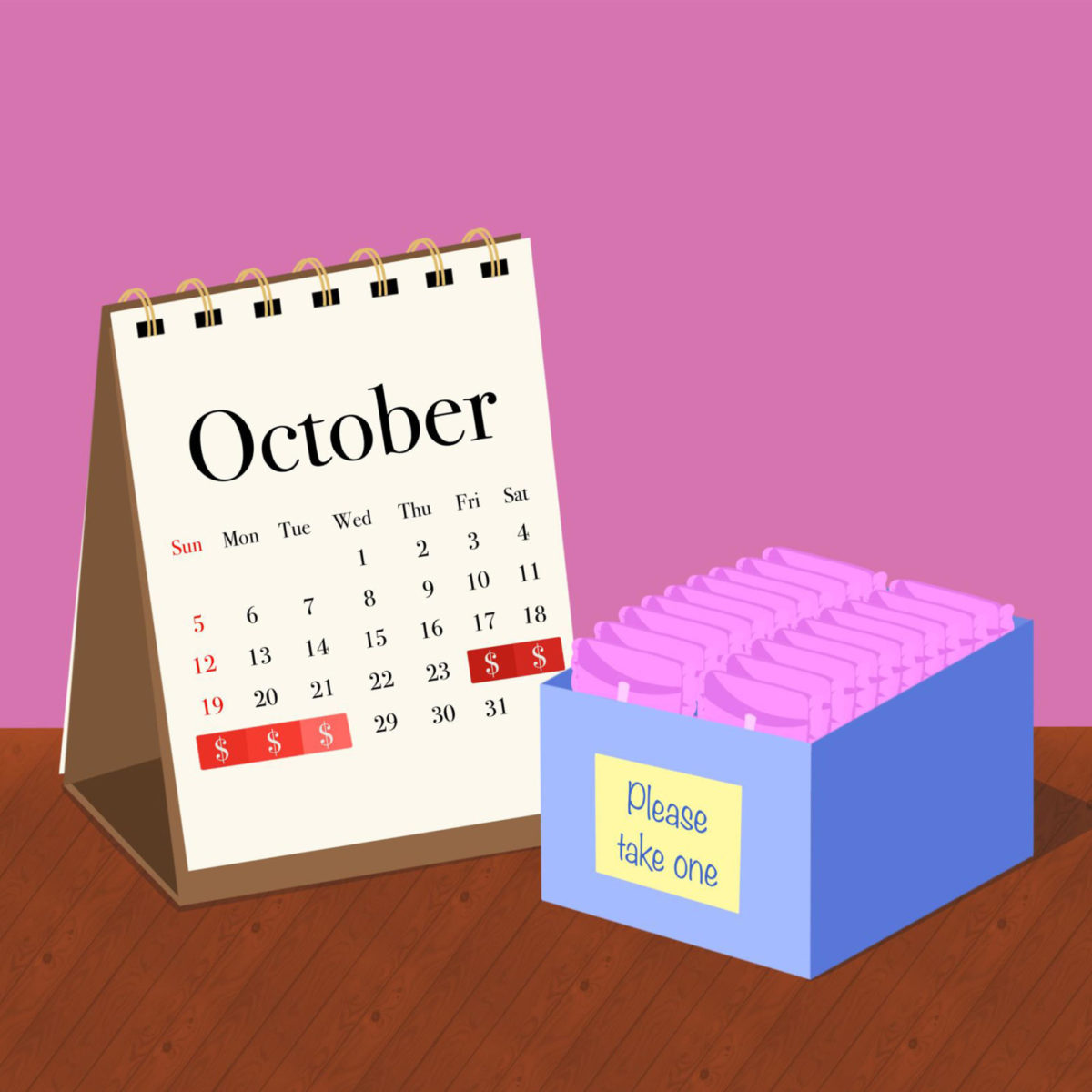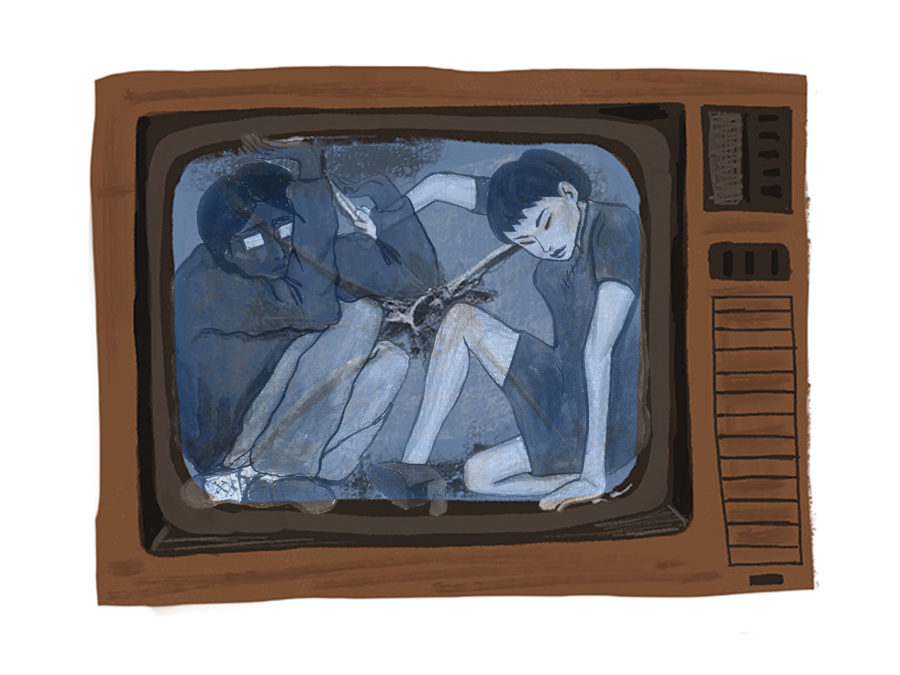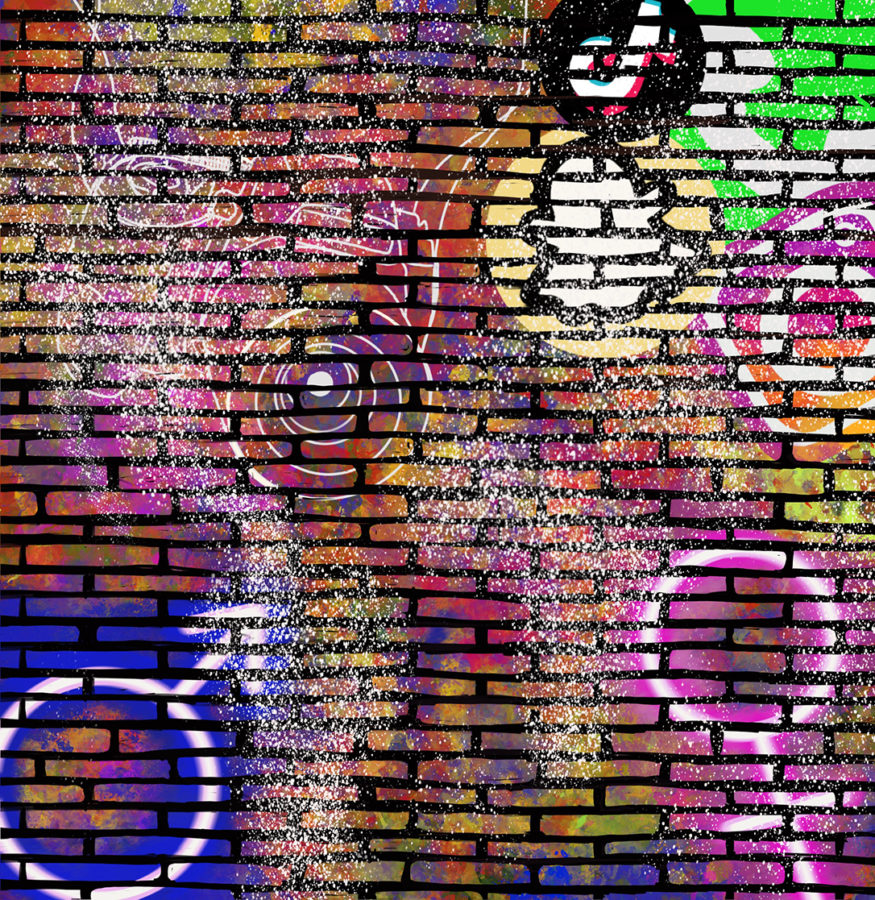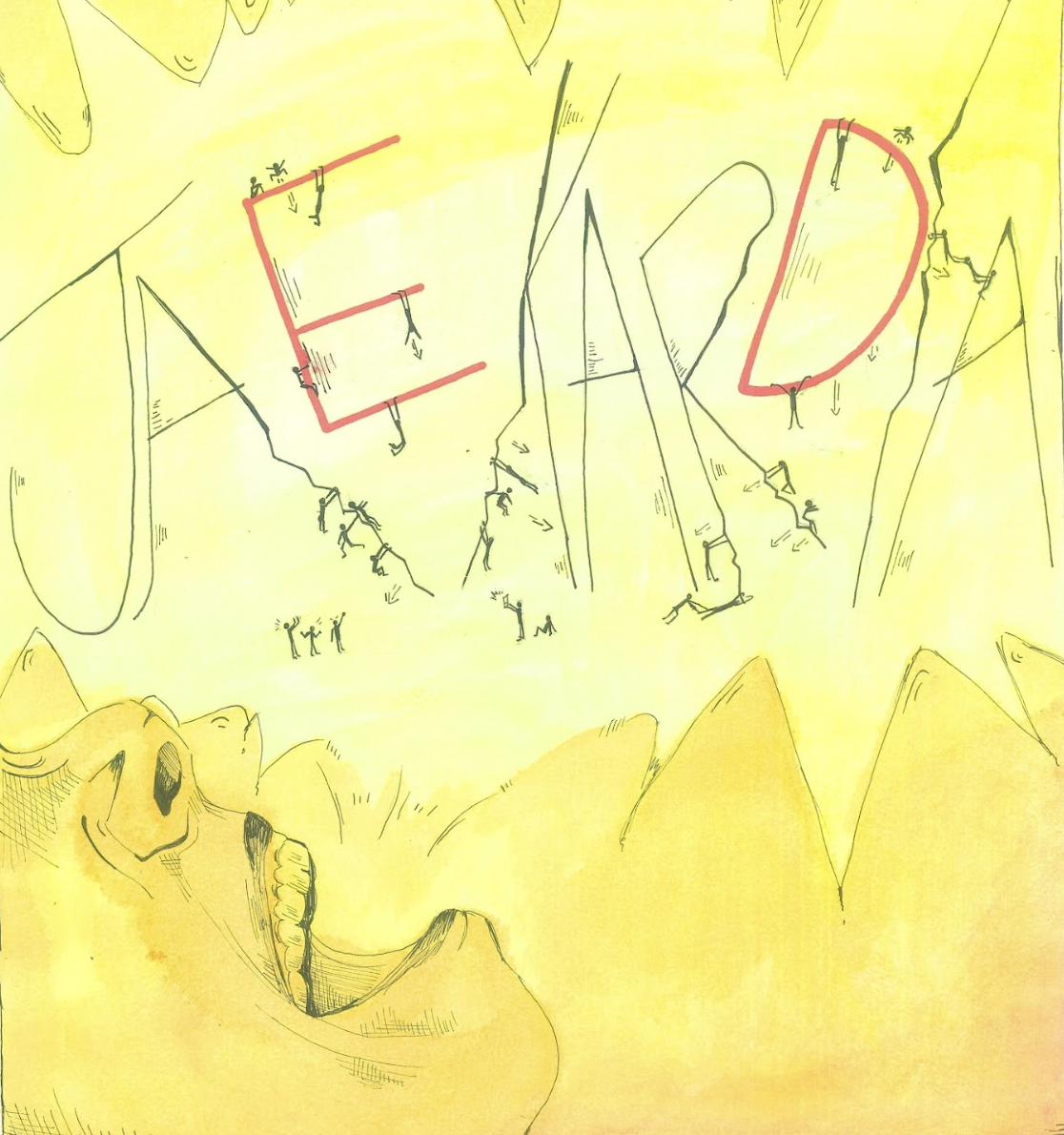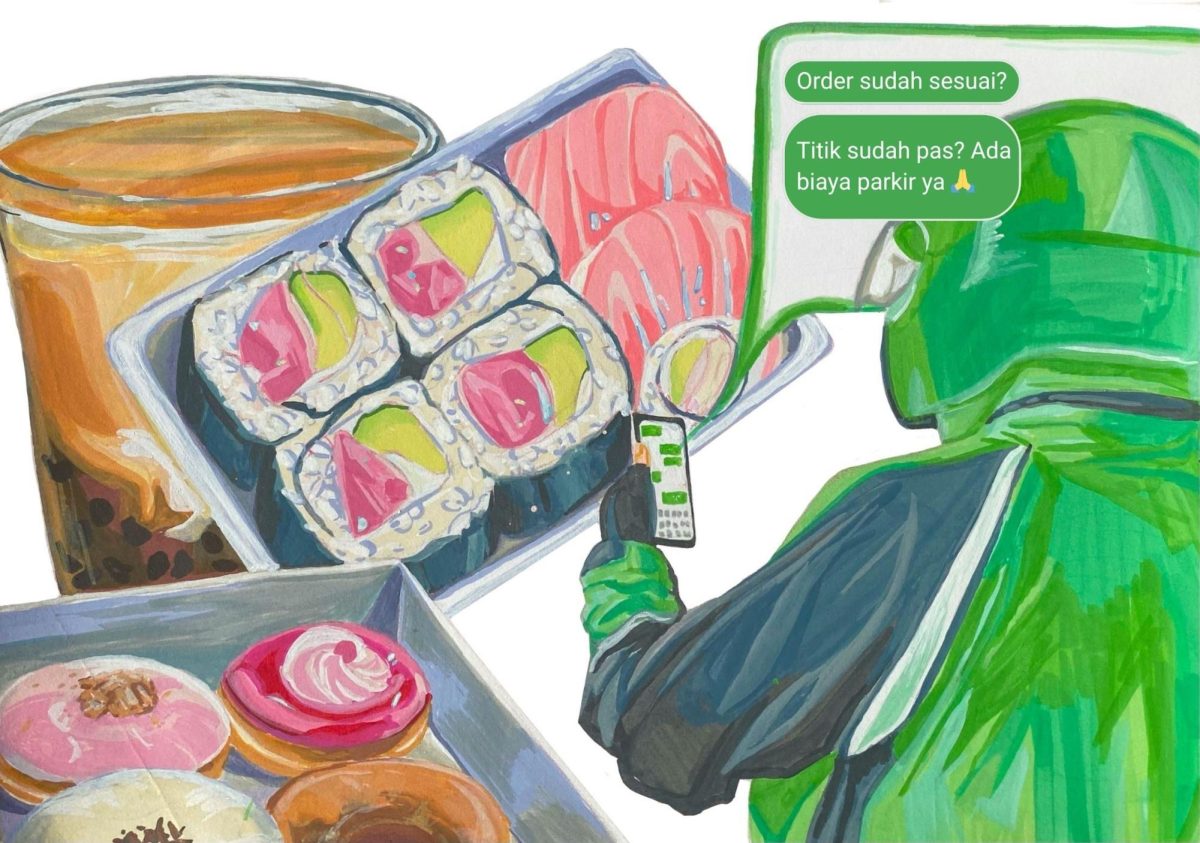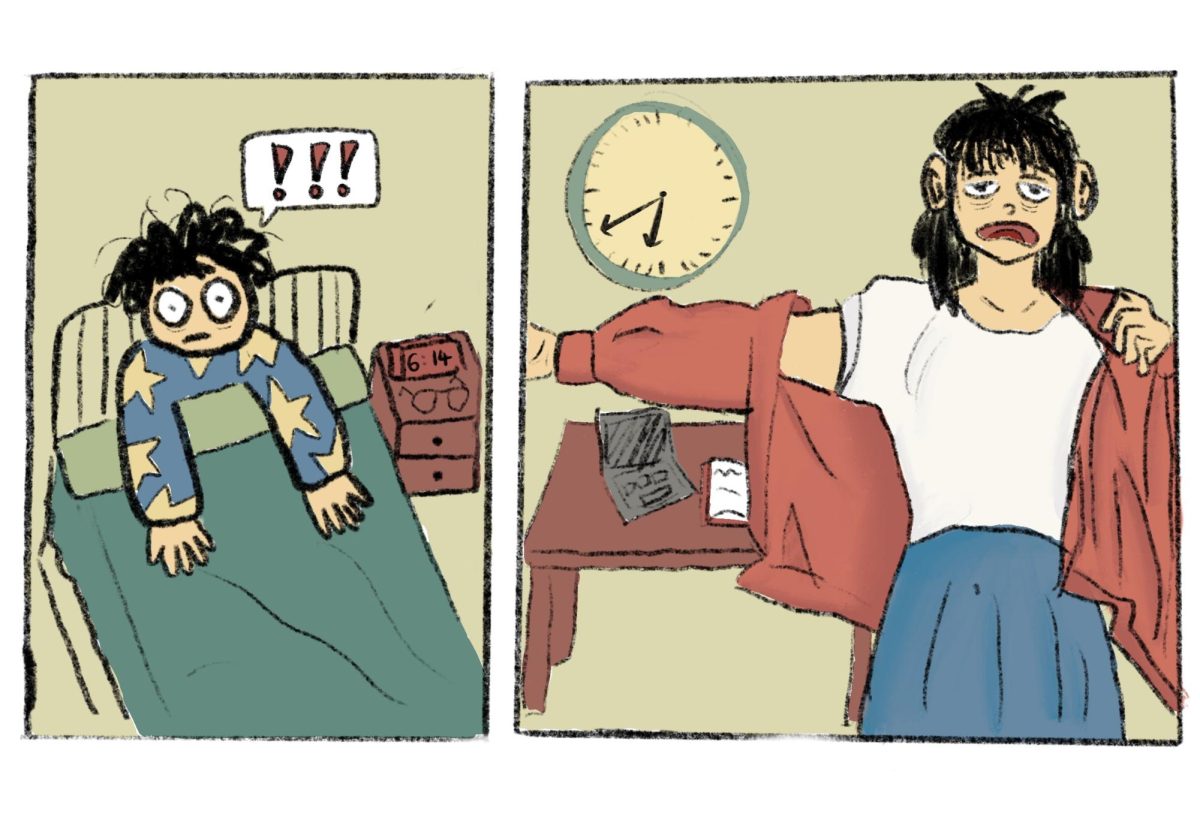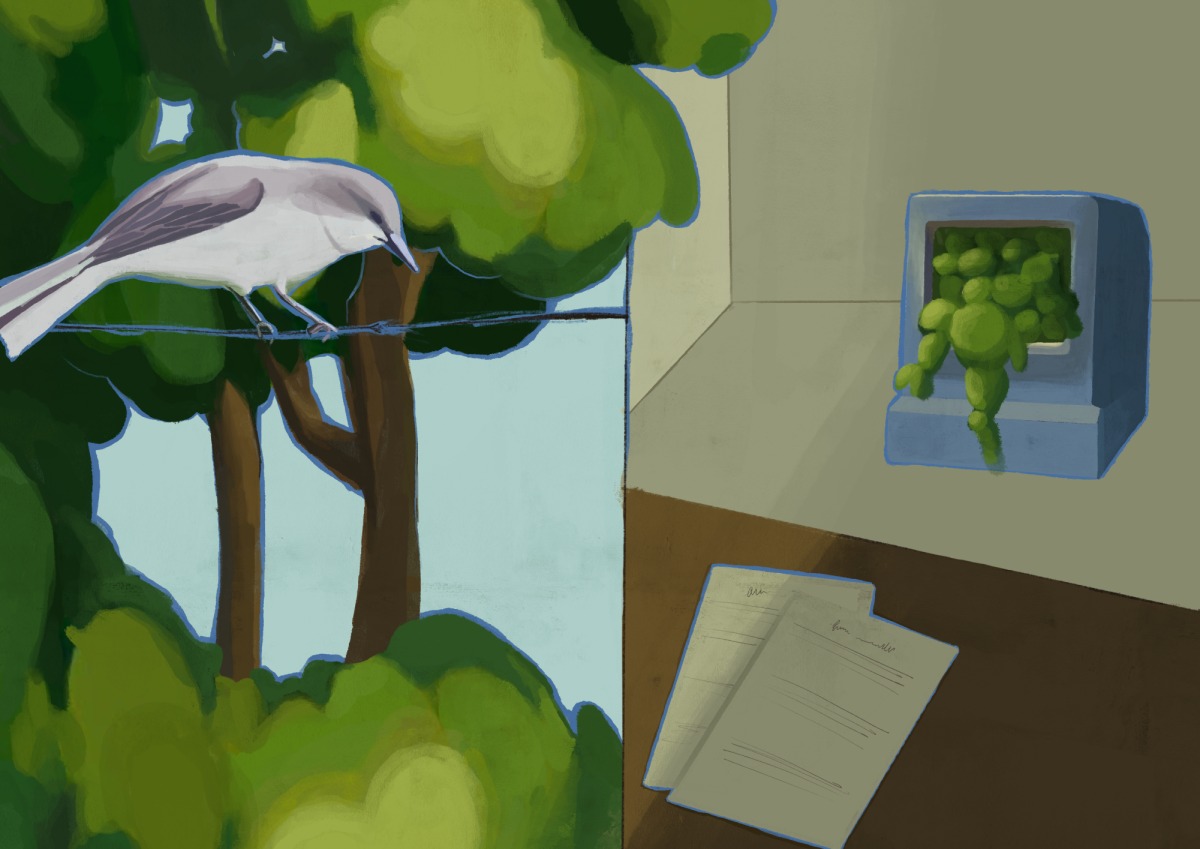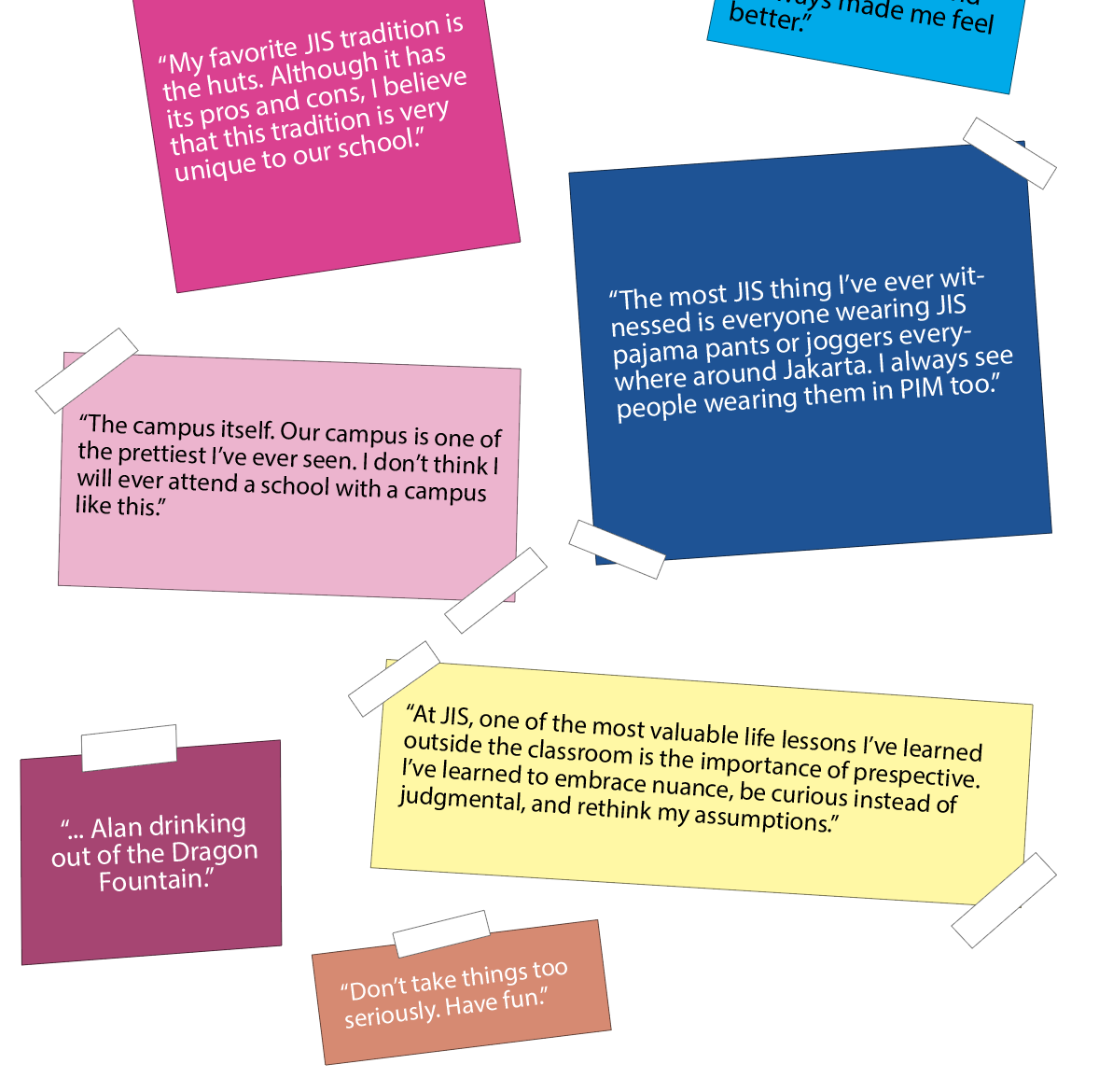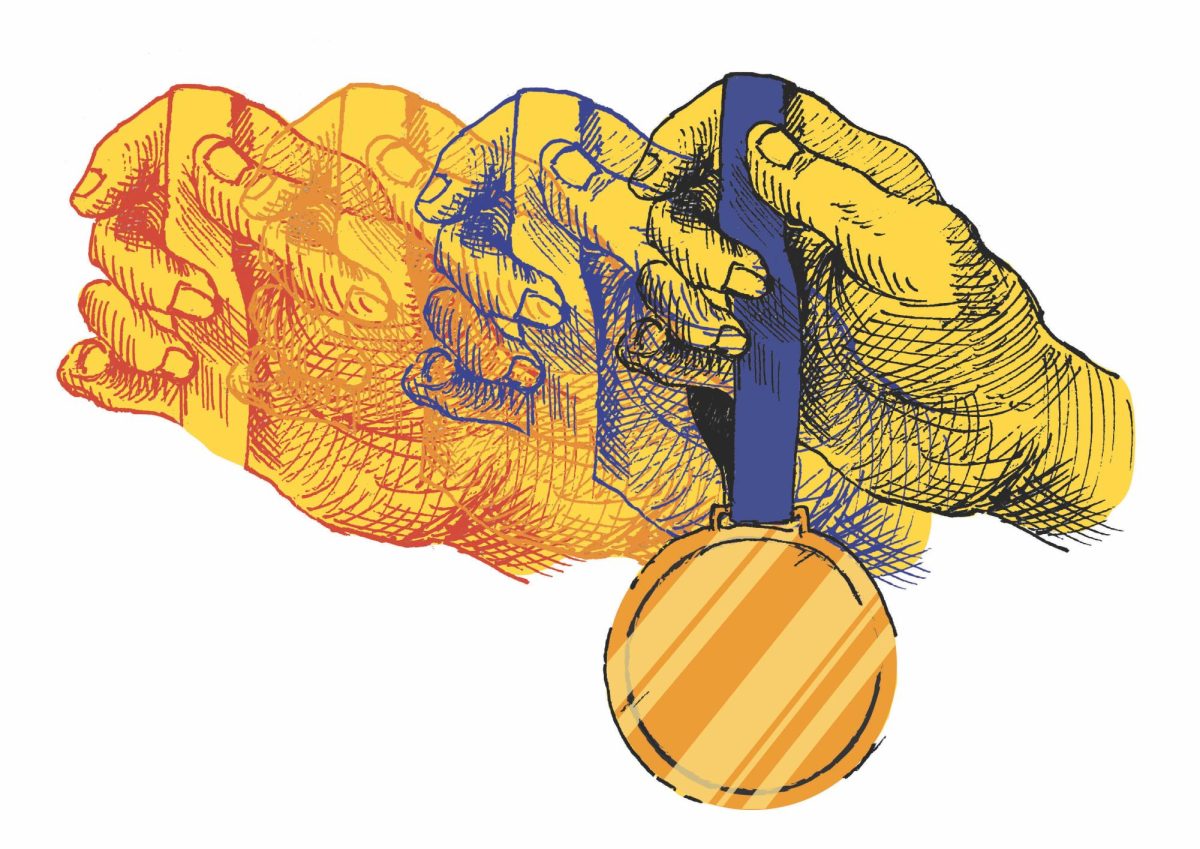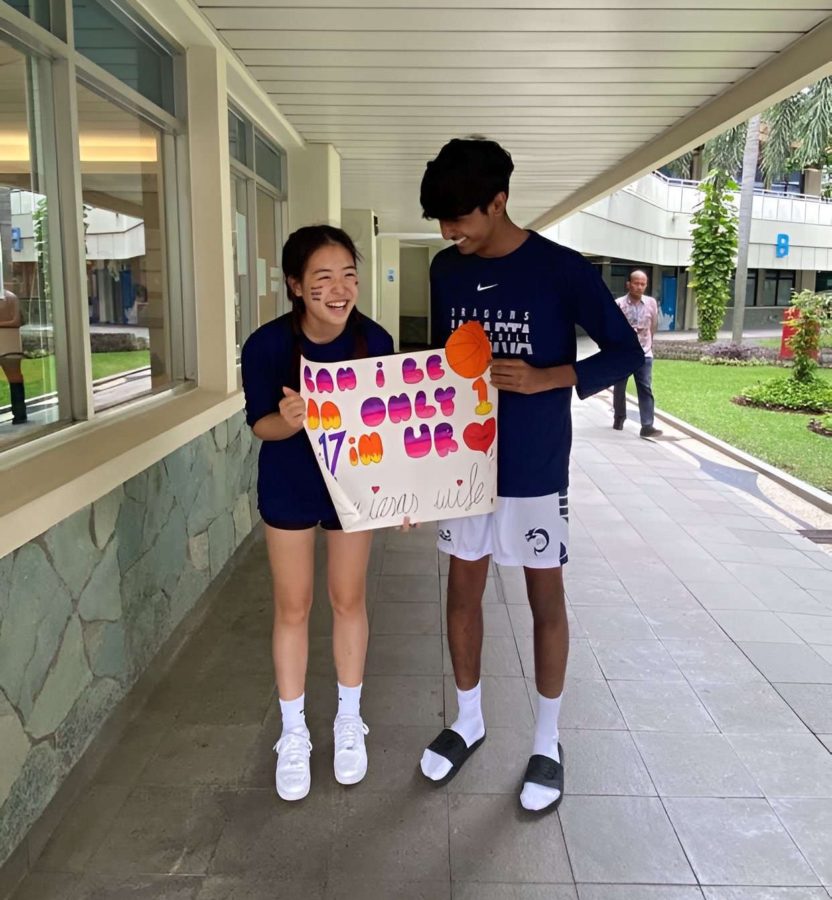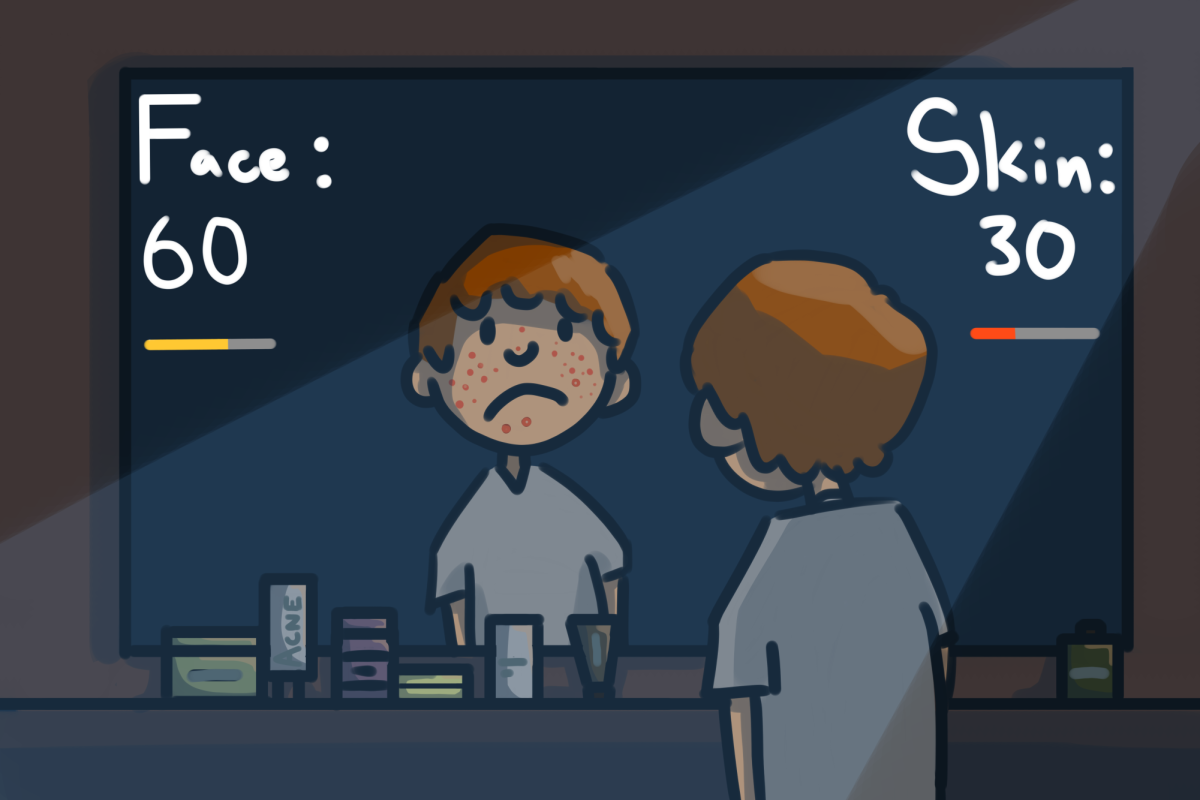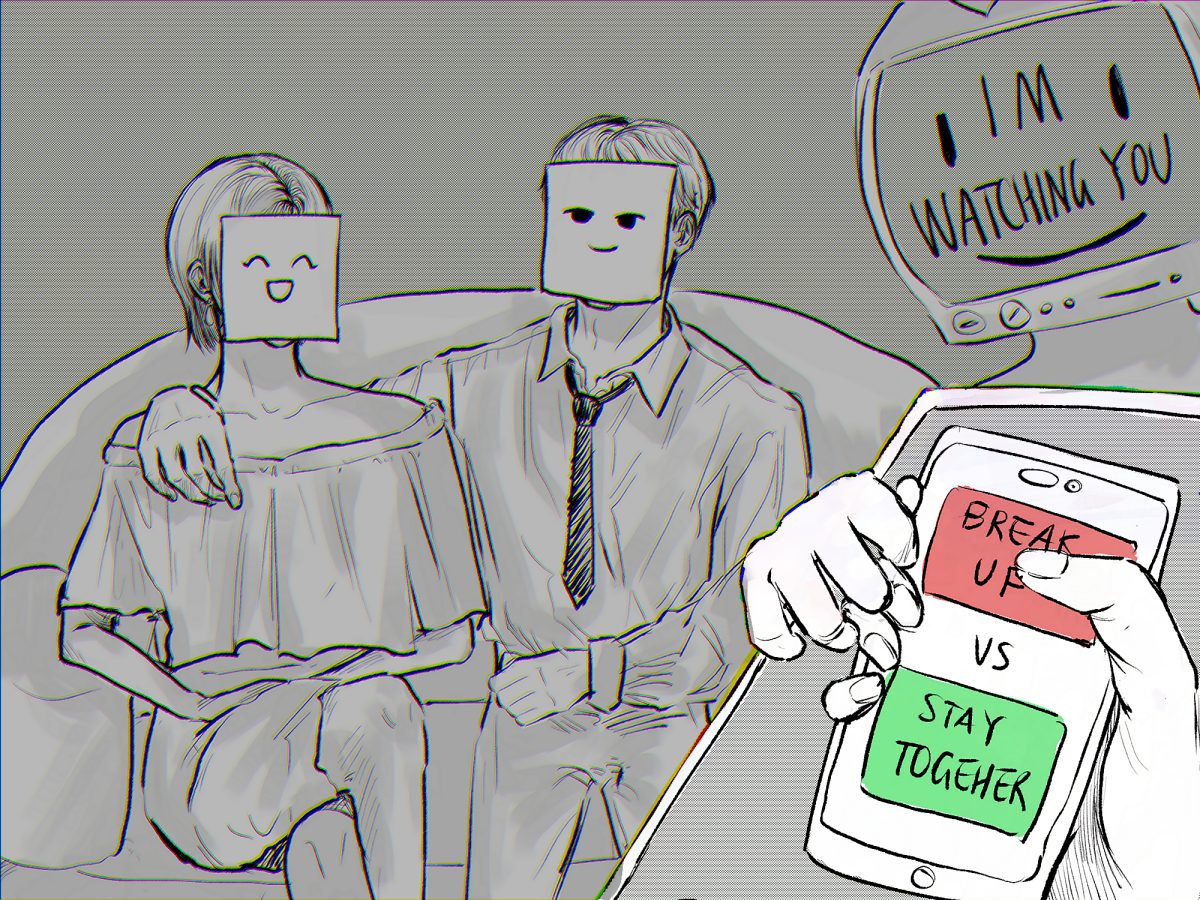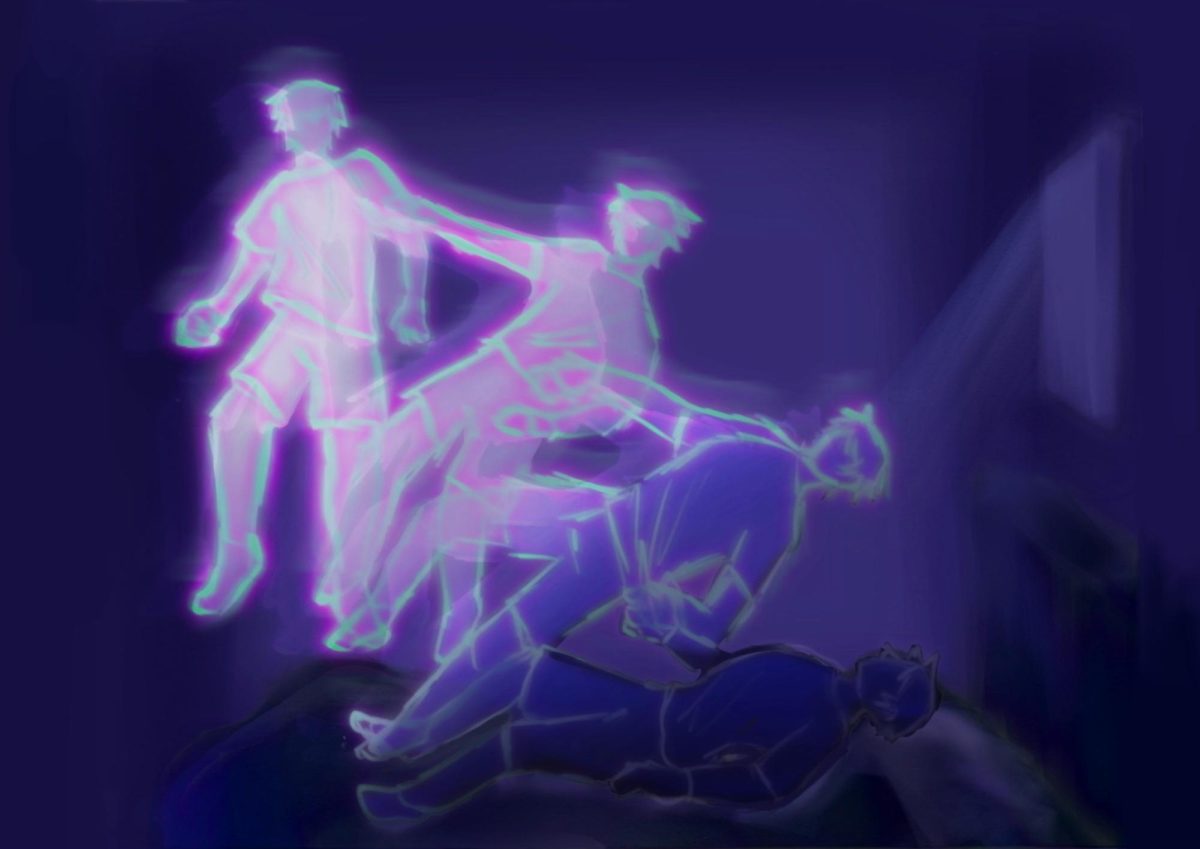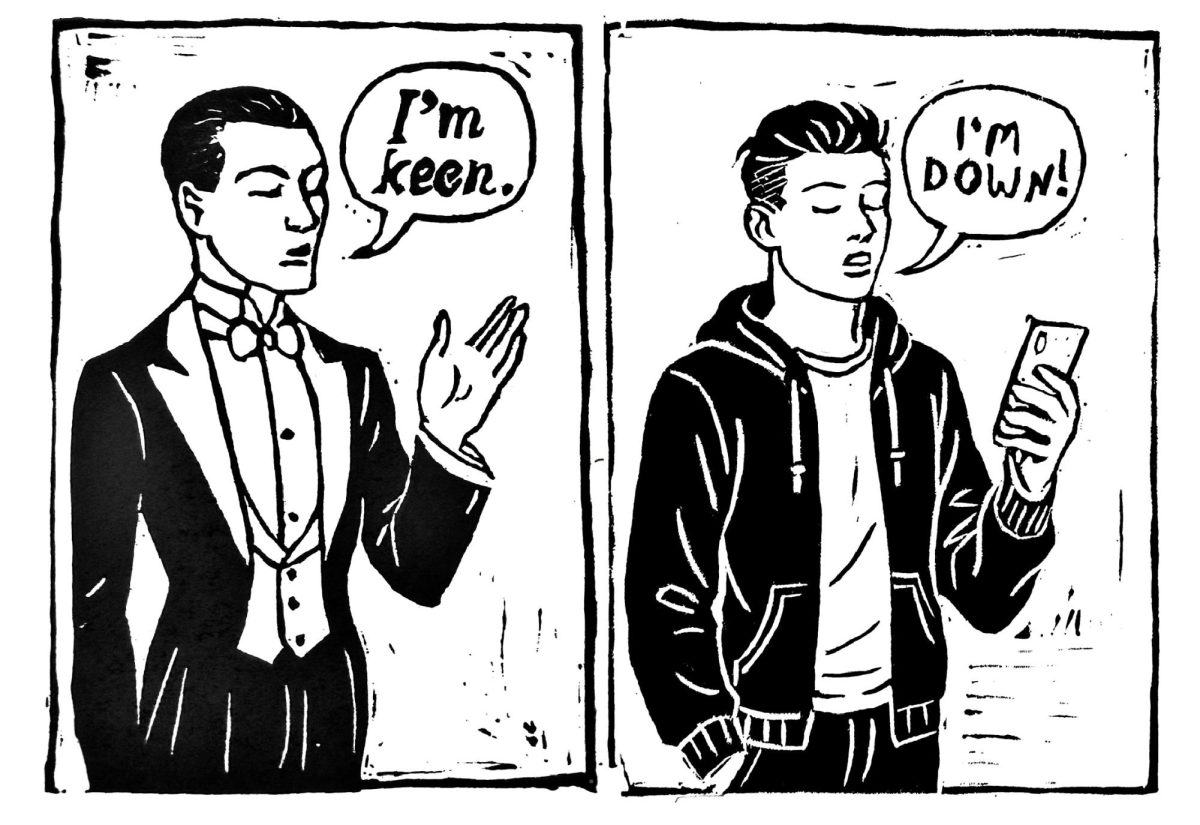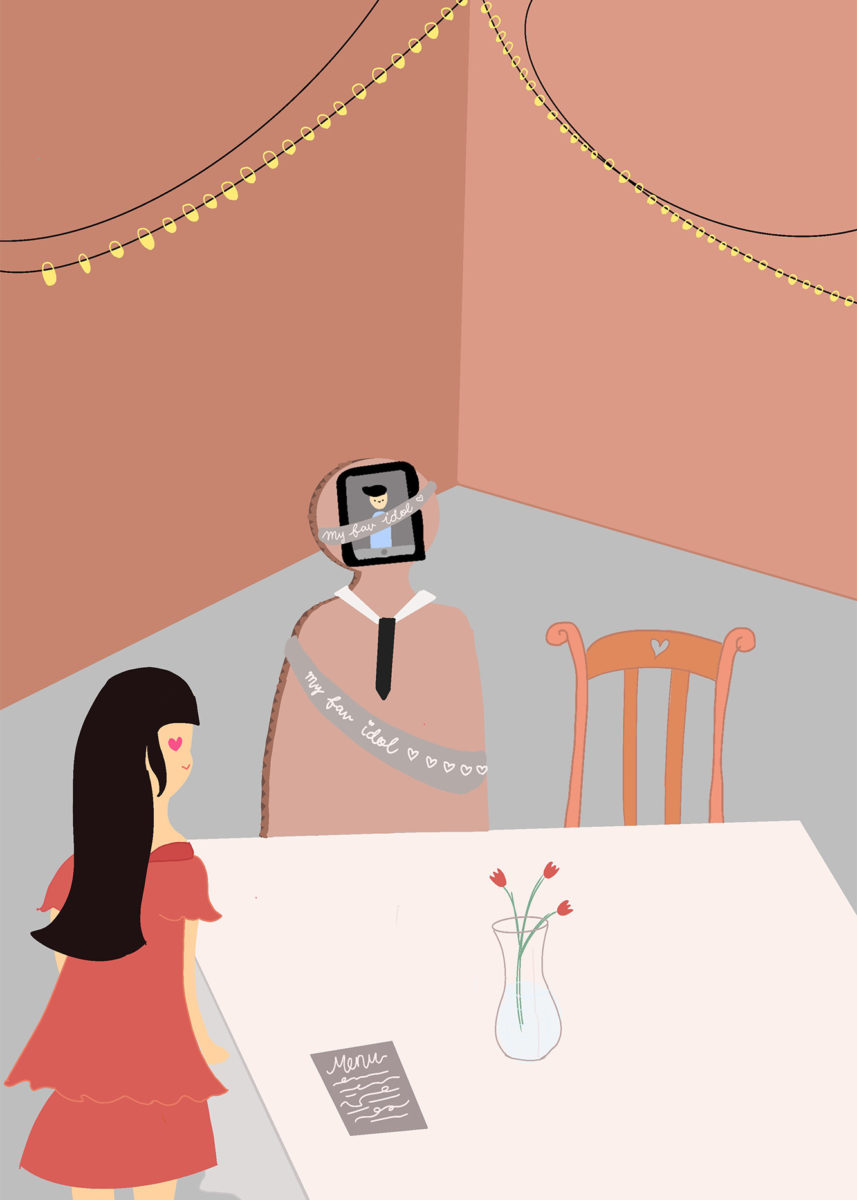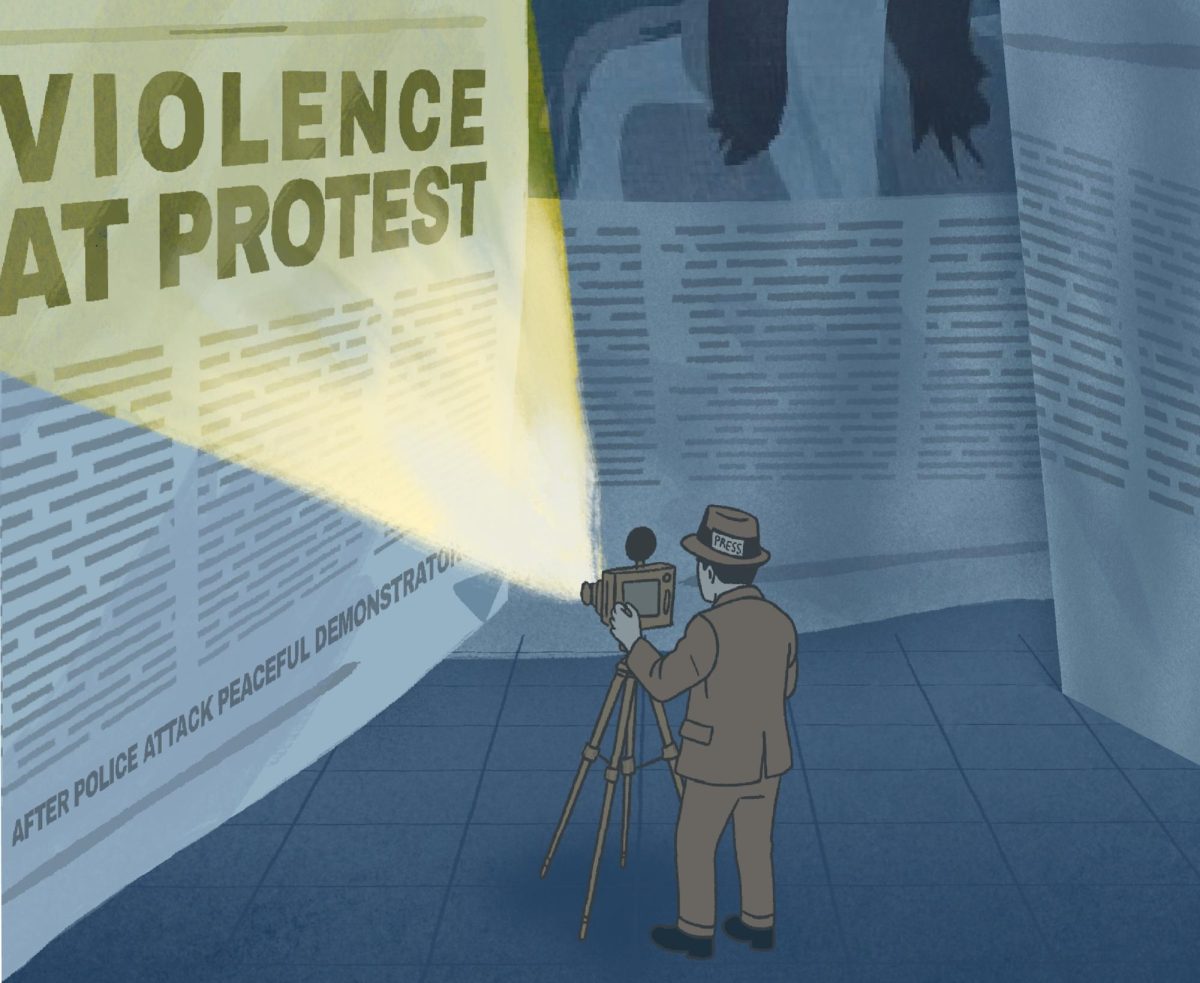To sustain fame, one needs fans to do so. And luckily for celebrities, many are willing to pledge their time, energy, and loyalty to support their favorite stars. Public figures in the limelight have amassed their own followings, many of whom now interact with each other within dedicated “fandoms.” Yet, through the prevalence of fan culture, non-reciprocal relationships also form—otherwise known as parasocial relationships.
Con: Parasocial relationships are just examples of mass delusion and unhealthy attachment. Time and time again, dating rumors of a “widely sought out” celebrity have circulated online, sending fans into a frenzy. Take the example of actor Henry Cavill, who announced his relationship with Natalie Viscuso in 2021. The hate comments from his fanbase prompted him to make a public statement asking his fans to respect his relationship. For these so-called “fans” to believe their unwarranted opinion is worthy of any listening to is laughable. Since when was it okay to dictate how a stranger lives their life and who they choose to love? These fans need to understand that they do not own their celebrity crushes.
Pro: These so-called “fans” you speak of are just a part of a minority. You fail to see that the vast majority of those active in fandoms are not compulsively obsessive people. For many, being a part of a group with common interests can cultivate a sense of belonging and pave the way for meaningful relationships to materialize. The creation of social media has allowed for easy connections worldwide, allowing fans to foster these newfound friendships. If anything, the sense of community that fandoms provide allows those who are ostracized and lonely to make global acquaintances, which is incredible to see!
Con: While it cannot be denied the accessibility that social media has provided, many users of these apps have taken too much advantage of this convenience. The level of anonymity has allowed for a freedom that grants them too much power. Now, the cowards of the internet can publish their unwanted opinions and make their hostile comments behind a screen, bearing minimal consequences for their actions. Celebrities on social media platforms will post tiny snippets of their own lives and share pictures that a whole management team has probably approved, yet fans will believe it to be so personal to them. There is most definitely an illusion of intimacy, and people like you are delusional.
Pro: Celebrities have amassed hundreds of millions of social media followers—are you now saying that this many people worldwide are so clueless and blind? Of course, people realize they’re not best friends with these public figures! We interact with this content not because we believe it has been tailor-made for us but because we want to show support for the people who have made a positive impact on our lives. Whether that be through a small chuckle during the day or a life-changing experience, art can alter our lives, and there’s nothing wrong with wanting to show appreciation.
Think of Taylor Swift and the current Eras Tour that has sold out every stadium on every single leg of the tour. Do you really think that every person out of the millions of people attending goes with the intention of getting noticed? Of course not. What reels them in is their personal connections to Swift and her music, and there is an undeniable joy that comes from sharing this experience with others who feel the same way.
Con: The community aspect, the shared memories, and the “undeniable joy” you speak of are just excuses to justify this fanatical behavior. You can appreciate art without becoming highly attached to the artist. The primary foundation of a fandom is loyalty and dedication. With neither, they would simply not exist. The fans you speak of may not obsessively stalk their idols like others have in the past, but they spend vast amounts of time relating their lives to them. It’s time to realize that there is no need to revolve your individual life around someone else who does not even know you. We have ourselves and our own lives, and what we make of it should instead be the priority.
Pro: Well then maybe you just don’t have enough friends to understand.
Con: At least I have a life in the real world.

